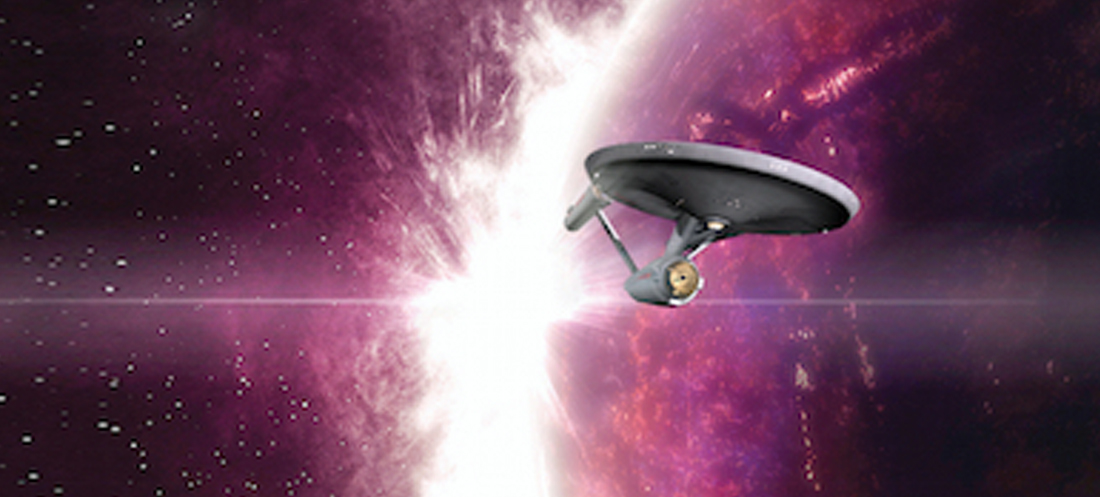Author: Dave Galanter
I've heard it said that the dirty little secret to penning franchise novels is that it's never all that easy to impress the fans. For example, the author has to get the characters right or the entire affair ends up feeling more like some bloated piece of fanfiction than it does a legitimate novel. And there's also the technology (many call it technobabble), which does tend to fuel a lot of fandom's fascination with particular properties. Of course, there's always the historical canon any storyteller has to keep in mind: you mistake one world for another, and a whole cavalry of readers will never, ever forgive you.
Dave Galanter’s STAR TREK: CRISIS OF CONSCIOUSNESS is a solid entry into the ever-growing franchise of Star Trek books, though some might find the set-up a bit slow and the resolution a bit (perhaps) too quick for any number of reasons. Still, unlike so many of the entries in Trek pages over the past decade, it earns strong points for capturing the essence of the TOS Era, giving the trinity of Kirk, Bones, and Spock some of the finest exchanges they’ve seen in print.
Essentially, Galanter sets up the premise of yet another Vulcan-spinoff species – the Kenisians – coming to prominence in the Alpha Quadrant at a time when the Federation is on the cusp of sealing up a new treaty with the Maabas, a peace-loving race if ever there were one in Trek. The Kenisians have a bone to chew with the Maabas relating to a centuries old feud that ends up being more than a bit misdirected, but that doesn’t mean Kirk and the crew of the Starship Enterprise won’t have to man-up and set things right before the Kenisians risk using some ancient weapons technology to destroy much of settled space.
What works here are the characters. Scribe Galanter does a solid job of putting everyone aboard the Enterprise through their paces, including a few rarely seen faces who made guest appearances on the original show. (I always love it when writers mine oft-overlooked folks as it draws long-time fans, such as myself, more easily into the fray.) There are a few action sequences which harkens back to the ‘feel’ of those televised 1960’s adventures, so kudos for putting in the time and effort to “get it right” (as they say).
What I personally struggled with, however, were two major bones of contention: (A) there’s a late-breaking development involving some space pirates that – while occasionally humorous – smacked more of a writer’s invention than it did any wholly organic to the plot; and (B) Galanter seems to think that Vulcans can just perform the Vulcan mind meld fairly willy-nilly one right after the other. While Trek TOS canon doesn’t go to great lengths in exploring this form of mind ‘invasion,’ I’m pretty sure that even Gene Roddenberry himself might’ve cried out “Whoa, Nellie” to the author’s few dozen in a row as Spock would more likely have been reduced to quivering mental jelly after the first six. (I won’t divulge why, but let’s just say it relates to the book’s title, a kinda/sorta play on words.)
Still, there was much more to like than there was to dislike, and – as I said – it was by far one of the more interesting Trek reads I’ve had the good fortune to explore in quite some time. If you’re as much a Trek enthusiast as I am, then there’s plenty to love in seeking out and exploring this particular ‘Crisis.’


 RSS Feed
RSS Feed